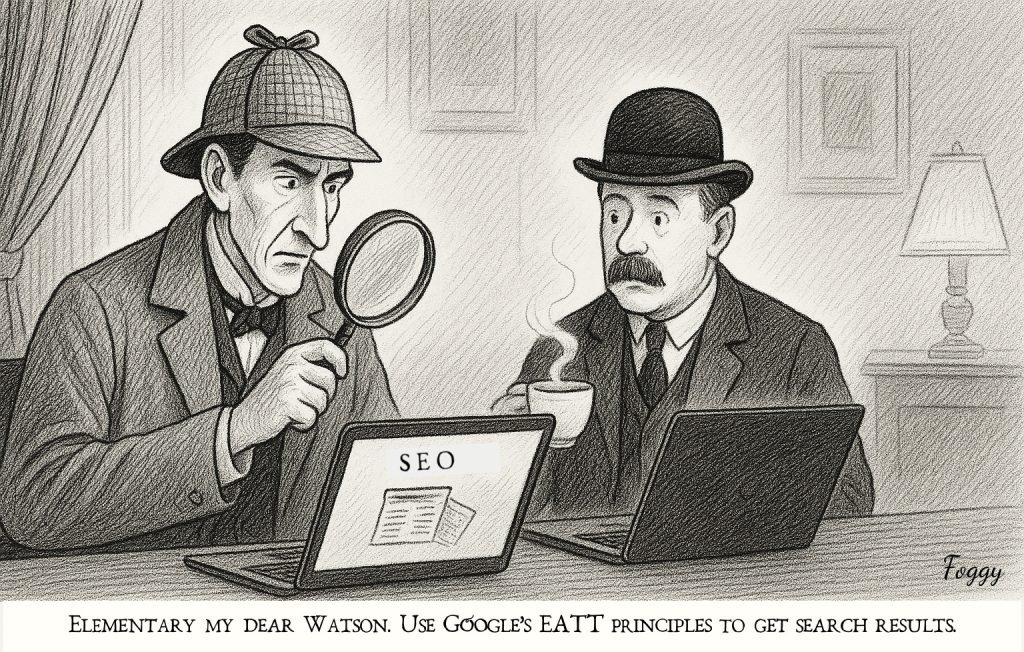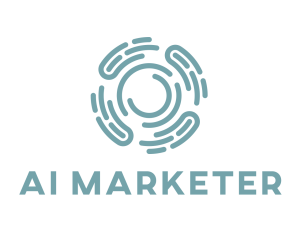AI Content in Google Search: What Marketers Need to Know

Google search has always been the battlefield where content creators fight for attention. Now, AI content has entered the arena, and it’s not just a sideshow. Nearly one in five results on Google’s front pages are AI-generated, according to a multi-year study by Originality.ai. That’s a seismic shift from 2019, when AI content barely registered at 2.27%.
The rise hasn’t been smooth. After Google’s March 2024 algorithm update, AI content briefly dropped to 7.43%, down from 8.48% the previous December. But by July 2025, AI’s share had surged to 19.56%, the highest level yet.
Google’s Mixed Signals on AI Content
Google hasn’t outlawed AI-generated content. It openly invests in AI tools like Gemini and integrates AI Overviews directly into search. The official line is simple: AI is fine when it’s useful. But when AI’s designed to manipulate rankings, it’s spam.

Google’s 2025 Search Quality Rater Guidelines make this crystal clear: if a page’s main content is mostly AI-generated with little originality, raters apply the lowest possible rating.
That means mass-produced AI articles packed with keywords or paraphrased text don’t stand a chance. Worse, Google’s March 2024 crackdown confirmed that sites that leaned too heavily on AI were penalized. Every site hit with a manual action in that update relied on AI, and half of them had 90-100% AI posts.
What This Means for SEO
For marketers and publishers, AI is both a tool and a trap. It can churn out outlines, ideas, and drafts in seconds, helping scale content faster than ever. But Google and readers quickly sniff out filler and fluff.
When visitors don’t find what they need, they bounce. That tells Google your site isn’t valuable, and rankings slide. In other words, unhelpful AI content is punished twice: once by Google and once by your audience.

The Bigger Risk Ahead
The long-term concern isn’t just SEO. As AI-generated content floods the web, it risks poisoning the very data future AI models learn from. A 2023 study warned that models trained repeatedly on AI-generated text become more generic and less reliable over time. If the internet fills with machine-written content, the next generation of AI may struggle to produce anything truly original.
Where Marketers Should Land
The smart play isn’t to avoid AI but to use it responsibly. Let AI handle brainstorming, research, or formatting — then add the human insight only you can provide. Your anecdotes, your expertise, and your perspective are what Google values under its E-E-A-T principles: Expertise, Experience, Authoritativeness, and Trustworthiness.
The takeaway is simple: AI can speed you up, but originality keeps you in the game.
As AI-generated pages climb in search, the winners will be the marketers and publishers who pair efficiency with authenticity — proving that people-first content still matters most.
Check out our recent blog post for tips on how to produce content Google search loves and the AI tools that can help you do that at scale. Our top-rated AI content tools are Winston, Originality.ai and GPTZero.
Recent AI Marketing Tools blog posts:
Magai Review: 50 AI LLM Tools in One Organized Workspace
By Jeff Domansky, Managing Editor
